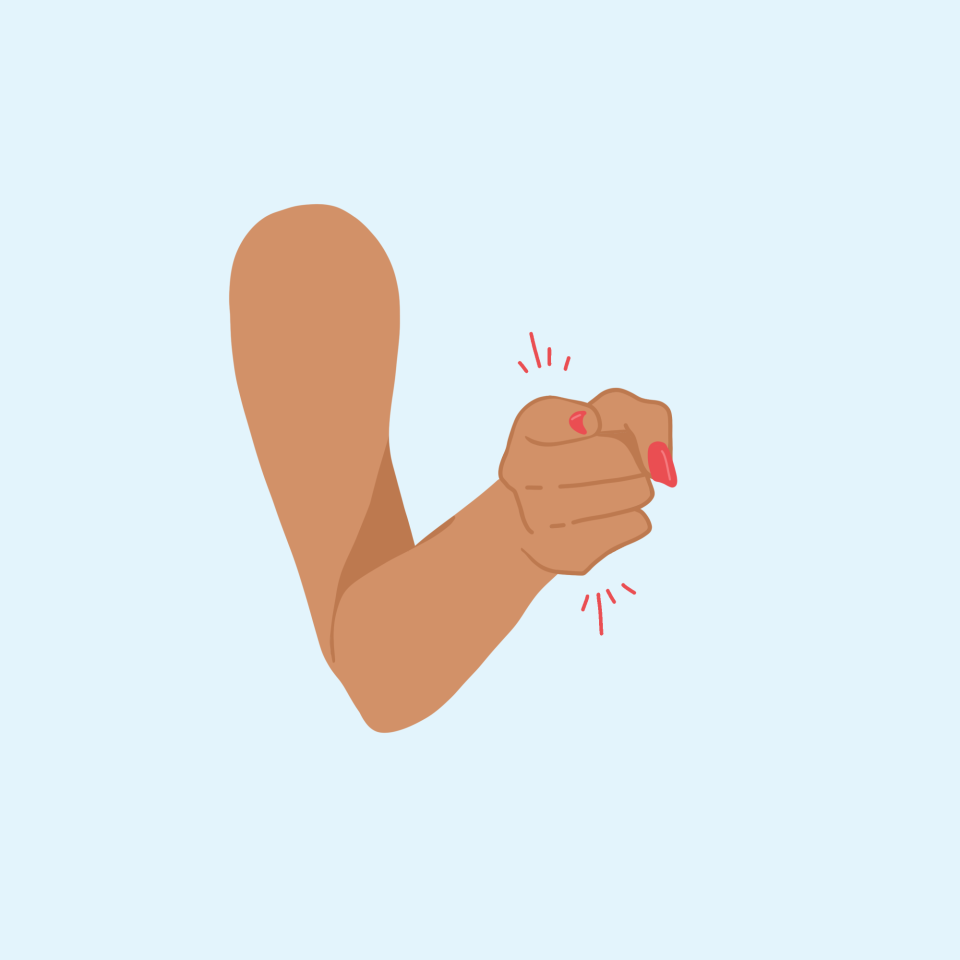Authoritarian Parenting: The Pros and Cons, According to a Child Psychologist

Are you a more strict parent than your friends? Is your refrigerator decorated with chore charts and house rules rather than handprint art? Do you expect your children to obey, even if you don't give them a reason for the rule you've made?
If so, your parenting style is likely more authoritarian than any other type. You have high expectations of your kids, and you won't put up with any of that "kids will be kids" nonsense.
What is Authoritarian Parenting?
Authoritarian parents tend to be the most strict parents out there and opposite of permissive parents. They tend to have lots of rules and regulations, but aren't willing to engage in any discussion about the rules, or accept their children's feedback or opinions about them. While this sounds harsh, most authoritarian parents mean well, and firmly believe their parenting style will produce children who are capable, well-rounded, high-achieving members of society.
But often, this comes at a cost. Jeff Nalin, an award-winning licensed clinical psychologist and founder of Paradigm Treatment Centers says, "children whose behavior is largely dependent on a strict regimen of dos and don'ts will base their own self-worth on whether or not they have obeyed the rules put into place by their parents. As well, this emphasis on cause and consequence hinders a child's natural ability to make choices—choices that may have a direct impact on his or her self-esteem."
Authoritarian Parent Traits
Tend to have an extensive list of rules they expect their children to follow
Take a "children should be seen and not heard" approach to parenting
Give their children chores starting at a young age
Are highly focused on their children's safety
Give firm consequences when rules are broken
Sometimes use threats or punishments to keep kids in line
Pros of Authoritarian Parenting
There's no doubt about it; children who grow up with authoritarian parents are often the most well-behaved kids in the room. That's because they know there will be "big trouble" if they step out of line. But there are some pros of authoritarian parenting that all parents should be mindful of.
And it's important to note that parents can use some tenets of authoritarian parenting mixed with other styles in an attempt to produce well-behaved but also balanced, healthy, and well-rounded kids. Nalin lists some pros of authoritarian parenting below:
Good behavior. With this type of parenting style, the rules are crystal clear. As a result, children have a good understanding of what is and isn't acceptable. They are also highly attuned to the negative consequences that can stem from wrong behavior, so they will avoid stepping out of line.
Safety. Authoritarian parenting places a strong emphasis on safety—both emotional and physical—which minimizes the types of risky behavior a child may engage in. Children who grasp the outcome of a harmful action are more likely to stay away from it.
Goal-driven. Children raised by authoritarian parents adhere to detailed plans that include precise instructions. Through this structure, children can understand what steps need to be taken in order to accomplish a goal.
Cons of Authoritarian Parenting
Over the years, countless studies have shown that this style of parenting can lead to kids who suffer from depression and anxiety. Nalin shares several other cons of authoritarian parenting that should be considered if you're adhering to this type of child-rearing.
Rule-dependent. Authoritarian parenting is based on implemented rules that children must continually adhere to. Unfortunately, once children are confronted with situations that don't already have established guidelines, they will feel insecure and unsure of how to behave.
Reduced self-esteem. Emphasis on cause and consequence hinders a child's natural ability to make choices—choices that may have a direct impact on his or her self-esteem. Children who depend on others to develop their confidence will often struggle in social situations or in new environments.
Rebellion. These children eventually grow tired of the seemingly endless list of rules that is consistently thrown their way. Consequently, they will deliberately defy their parents by testing their limits, actions that could jeopardize their own safety.
Emotionally withdrawn. Children who are raised by authoritarian parents tend to shy away from expressing their emotions.

Illustration by Caitlin-Marie Miner Ong
Examples of Authoritarian Parenting
Based on what we've outlined above about authoritarian parenting, here are a few scenarios that demonstrate how authoritarian parents might handle everyday situations.
Screen time: Authoritarian parents are most likely to place severe limitations on their children's screen time, or might simply disallow it altogether.
Play dates: Children raised by authoritarian parents are most likely to have a clear understanding of what must be done before going out to play with friends, and they know they will face consequences if those things are not done.
Food and treats: Authoritarian parents are most likely to adhere to the "eat or go hungry" school of thought when it comes to meals.

